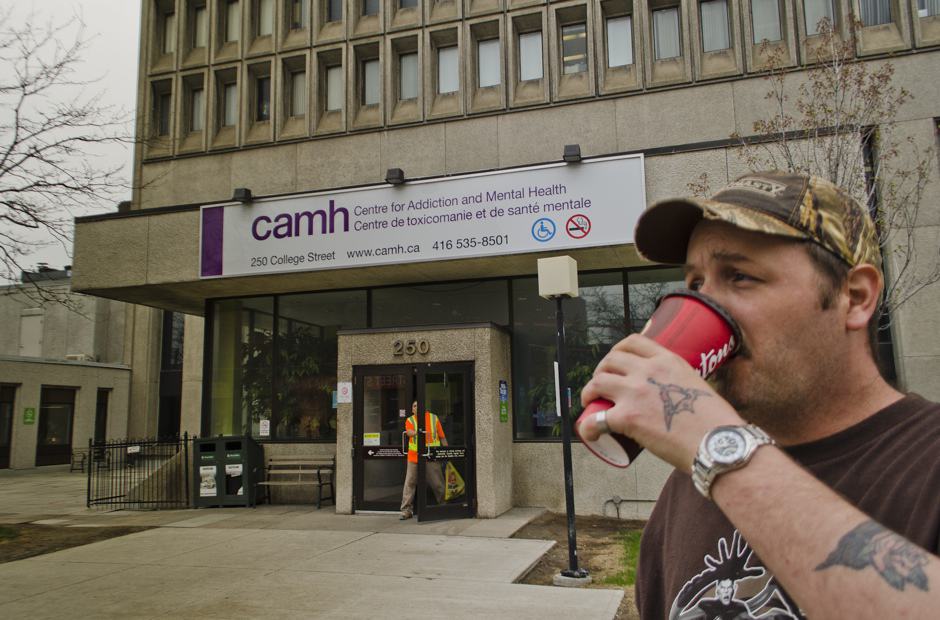The Centre for Addiction and Mental Health (CAMH) recently received a grant of nearly $10 million over a period of five years, the largest of its kind in Alzheimer’s disease prevention. The recipient of the funding is Dr. Benoit Mulsant, CAMH Physician-in-Chief and lead investigator of a study entitled “Preventing Alzhimer’s dementia with Cognitive remediation plus tDCS in MCI and Depression” (PACt-MD).
Prime Minister Stephen Harper announced the new funding on May 1 while in Montreal. It is part of a public-private joint effort in funding Alzheimer’s disease prevention and autism research. Five new research projects led by researchers from various universities and institutes are rewarded and supported by Brain Canada, the Chagnon Foundation, the Azrieli Foundation, and the government-funded Canada Brain Research Fund.
The CAMH led study will focus on a novel form of treatment for Alzheimer’s that prevents and delays disease for people at high risk of Alzheimer’s dementia. Through transcranial direct current stimulation (tDCS), a non-invasive brain stimulation using low and constant electric current, the research team will stimulate neurons in specific parts of the brain to enhance cognitive skills. In addition to tDCS, the team will also employ cognitive remediation that uses memory and problem solving exercises to improve cognitive ability.
Alzheimer’s patients experience declining cognitive and behavioral skills due to damages to the brain. Since its first description more than a hundred years ago, and its first drug trial nearly 40 years ago, Alzheimer’s disease still remains the most common form of dementia. Projections suggest that, by 2031, there will be 1.4 million Canadians living with dementia.
There have been breakthroughs in Alzheimer’s research, but current treatments still fail to address the problem fully. Mulsant commented in a CAMH media release, “The treatments we currently have for Alzheimer’s dementia are usually initiated when the patient is diagnosed, at which point the brain is already damaged, so the treatments don’t work very well.”
The new study aims to intervene at an earlier stage to prevent and delay brain damages. PACt-MD will conduct clinical trials on two high-risk groups: 250 older patients whose clinical depression had been cured with antidepressants, and 125 with mild cognitive impairment (MCI). These participants will be drawn from five major Toronto hospitals, including CAMH, Baycrest, St. Michael’s Hospital, Sunnybrook Health Sciences Centre and the University Health Network. Participants will be assigned to one of two groups: one will receive Mulsant’s early intervention and the second group will receive a placebo intervention. The outcomes of these interventions will be tracked for up to five years. The early intervention is expected to outperform the placebo intervention in terms of cognitive improvement and will delay cognitive decline over time.
Investigation of treatment-related genetic factors and brain changes in the form of lab-based tests will also be performed to complement clinical data.
With Files from CAMH, Alzheimer’s Association, and Office of the Prime Minister.


